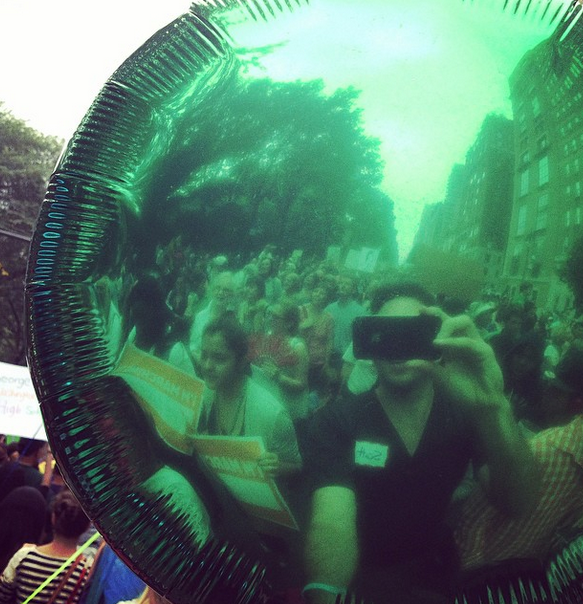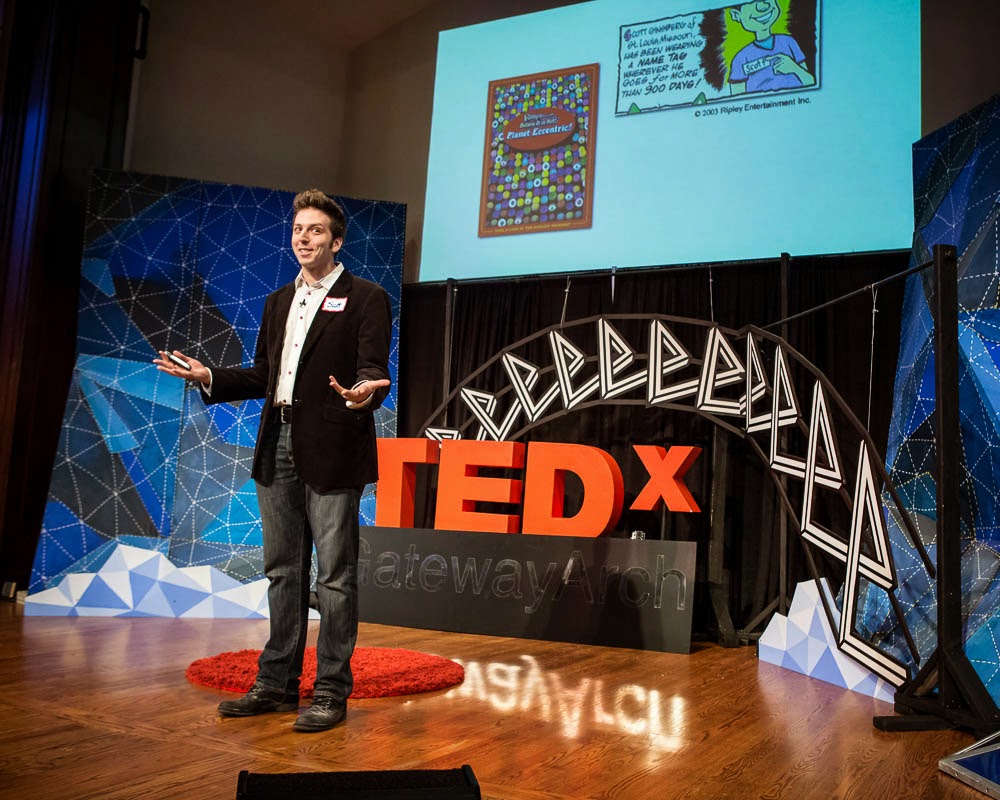

All creativity begins with the moment of conception.
That little piece of kindling that gets the fire going. That initial source of inspiration that takes on a life of its own. That single note from which the entire symphony grows. That single spark of life that signals an idea’s movement value, almost screaming to us, something wants to be built here.
And so, in this blog series, I’m going to be deconstructing my favorite moments of conception from popular movies. Each post will contain a video clip from a different film, along with a series of lessons we can learn from the characters.
Today’s clip comes from the Johnny B. Goode scene in Back to the Future:
What can we learn?
Develop deeper trust in your own instincts. Marty initially auditions this
song at the battle of the bands. But when he gets kicked off stage by the
conservative judges, he starts to lose faith in his own abilities. He locks
into the pessimistic narrative that he’s no good, that he’s got no future, and
that he’s not cut our for music. Which is totally normal. Because in the early stages of the creative process, there’s a
very real hunger for feedback on our art. It’s human nature. We’re pining for
validation and encouragement to help move the work forward. But something we
learn after shipping a few dozen projects is, most feedback is overrated. It rarely reflects who we are as an artist. And more often than
not, feedback is just projection of the insecure concerns and character flaws
of the individual providing it. In fact, if we’re not careful, an overabundance
of feedback can start to bounce us around like a pinball. And we can get so
overwhelmed by everyone else’s opinion of our work that the creative momentum
fizzles. Marty, had he continued listening to wrong voices, might have given up
on music for good. But traveling back in time gave him one final opportunity
trust his instincts and play the music he wanted to play. So he did. And he
blew people away. Even if they weren’t ready for it yet. Are you giving people’s opinions more weight
than they deserve?
Never underestimate the audience of one. I’ve been listening to this fascinating podcast about the business of show business. During one
particular episode, the guest was an accomplished writer, producer and network
sitcom runner. When the host asked what his advice to young creators was, he
said, just do the show you want to do, because they’re going to cancel it
anyway. Wow. There isn’t an artist
alive who can’t understand that. Even outside of show business, it’s still
applicable. Consider the book industry. Over a million new titles are published
every year. Which means, mathematically, most books will be ignored. Most books
will fail. So why not write the one you want to write? May as well make art you
want to see in the world, since most of the world isn’t going to see it anyway.
Marty, then, represents the power of the tiny audience. Because his sole
purpose in playing this song is to get two people together. That’s it. Even if the band thinks he’s
on drugs, even if the rest of the audience think he’s crazy, as long as his
parents are slow dancing the night away, the song has done its job. What hidden audience are you playing for?
If size mattered, dinosaurs would still be around. Marty is convinced that he’s never going to get the
chance to play in front of anybody. Like so many young musicians, he struggles
with the universal artistic quandary, the longing to be heard. What he doesn’t
realize, though, is that life is only limited by our own prejudices. Once we
destroy them and cease to be at the mercy of ourselves, it’s amazing how many
creative doors fly open. What’s interesting is, had this movie been made more
recently, his posture and context and strategy would be completely inverted.
Marty wouldn’t be give record labels a second thought. He wouldn’t waste his
time competing in battle of the bands. And he certainly wouldn’t struggle to
find an audience for his work. He would have created his own leverage and built
his own stage and manufactured his own opportunities. Because the modern
creator doesn’t need tickets for the starving artist lottery. They no longer
have to wait for some invisible jury to stamp their creative passport and tell
them their art is okay. They go out and create a market for what they love. Not
matter how small that market is. Because if size mattered, the dinosaurs would
still be around. When will you voluntarily opt out of the
mainstream?
What did you learn?
* * * *
Scott Ginsberg
That Guy with the Nametag
Author. Speaker. Strategist. Filmmaker. Publisher. Songwriter.
scott@hellomynameisscott.com

Never the same speech twice. Customized for your audience. Impossible to walk away uninspired.
Now booking for 2014-2015.
Email to inquire about fees and availability. Watch clips of The Nametag Guy in action here!
